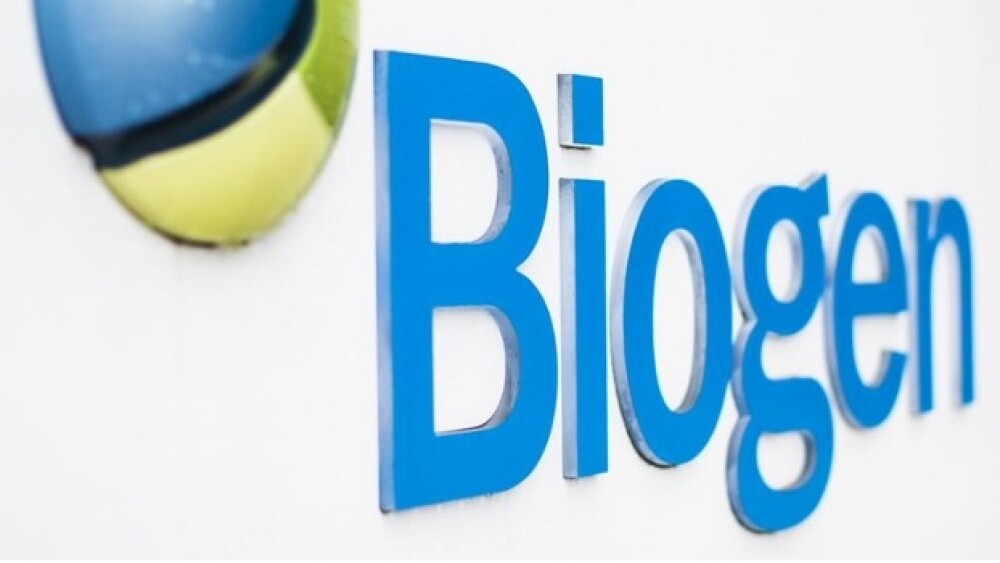The U.S. FDA says it is unable to approve Biogen supplemental Biologic License Application (sBLA) for subcutaneously delivered TYSABRI® for the treatment of relapsing multiple sclerosis (MS), at least while the sBLA remains in its present form.
Courtesy of Biogen
In a Complete Response Letter (CRL) to Biogen, the U.S. Food and Drug Administration (FDA) said it is unable to approve the company’s supplemental Biologic License Application (sBLA) for subcutaneously delivered TYSABRI® (natalizumab) for the treatment of relapsing multiple sclerosis (MS), at least while the sBLA remains in its present form.
Specifics regarding why the agency can’t approve the sBLA were not made publicly available; however, Biogen says it it’s planning its next steps to getting the CRL approved in the U.S.
TYSABRI is a well-established immunosuppressive drug for the treatment of relapsing MS in adults. Clinical trials have consistently shown that the therapy can slow the progression of physical disability, reduce the risk of relapse, and decrease new brain lesions. Currently, the indication for TYSABRI is focused on monotherapy in the U.S. The indication in the European Union is for a single disease-modifying therapy in adults who have highly active relapsing-remitting MS.
The drug is approved in more than 80 countries and has more than 835,000 patient-years worth of data behind it, in addition to support from several studies. Data presented at the American Academy of Neurology (AAN) 2021 Virtual Annual Meeting in April, for instance, showed TYSABRI leads to clinically meaningful mental and social health improvements compared with ocrelizumab in patients with MS.
Treatment with TYSABRI in these studies was associated with statistically significant benefits in satisfaction with social rules and activities, participation in the social roles and activities, and emotional and behavioral dyscontrol.
The European Commission approved the therapy in 2006.
“TYSABRI is a trusted high-efficacy therapy with a well characterized safety profile for patients living with MS. Nearly 15 years of real-world experience helps reinforce its effectiveness in reducing MS disease activity, showing that early treatment leads to better clinical outcomes,” said Dr. Radhakrishnan in a statement. “With chronic conditions like MS, we must continue to pursue innovations that can help patients better integrate their treatment preferences into their lives. This approval reflects our commitment to explore new possibilities with TYSABRI and meet the evolving needs of people living with MS.”
Back in March, Biogen received European approval and marketing authorization for subcutaneously delivered TYSABRI in relapsing-remitting MS. The approval was based on trial data from the DELIVER and REFINE studies. These data show that the subcutaneous form of the drug was comparable to intravenous administration in terms of efficacy, pharmacokinetic and pharmacodynamic profiles. Additionally, the subcutaneous form of the therapy featured a safety profile consistent with the established benefit risk profile of the intravenous drug form.
But the FDA‘s CRL represent a slight roadblock in getting the intravenous form of the therapy to patients in the U.S. “We are committed to MS and pursuing innovations such as new routes of administration to help provide options that could address the individual needs of patients,” said Biogen’s Chief Medical Officer, Maha Radhakrishnan, M.D., in a statement. “This response from the FDA does not affect the intravenous administration of TYSABRI, a well-established high-efficacy treatment with a well-characterized safety profile, which over the last 15 years has treated more than 200,000 people worldwide with relapsing MS.”





